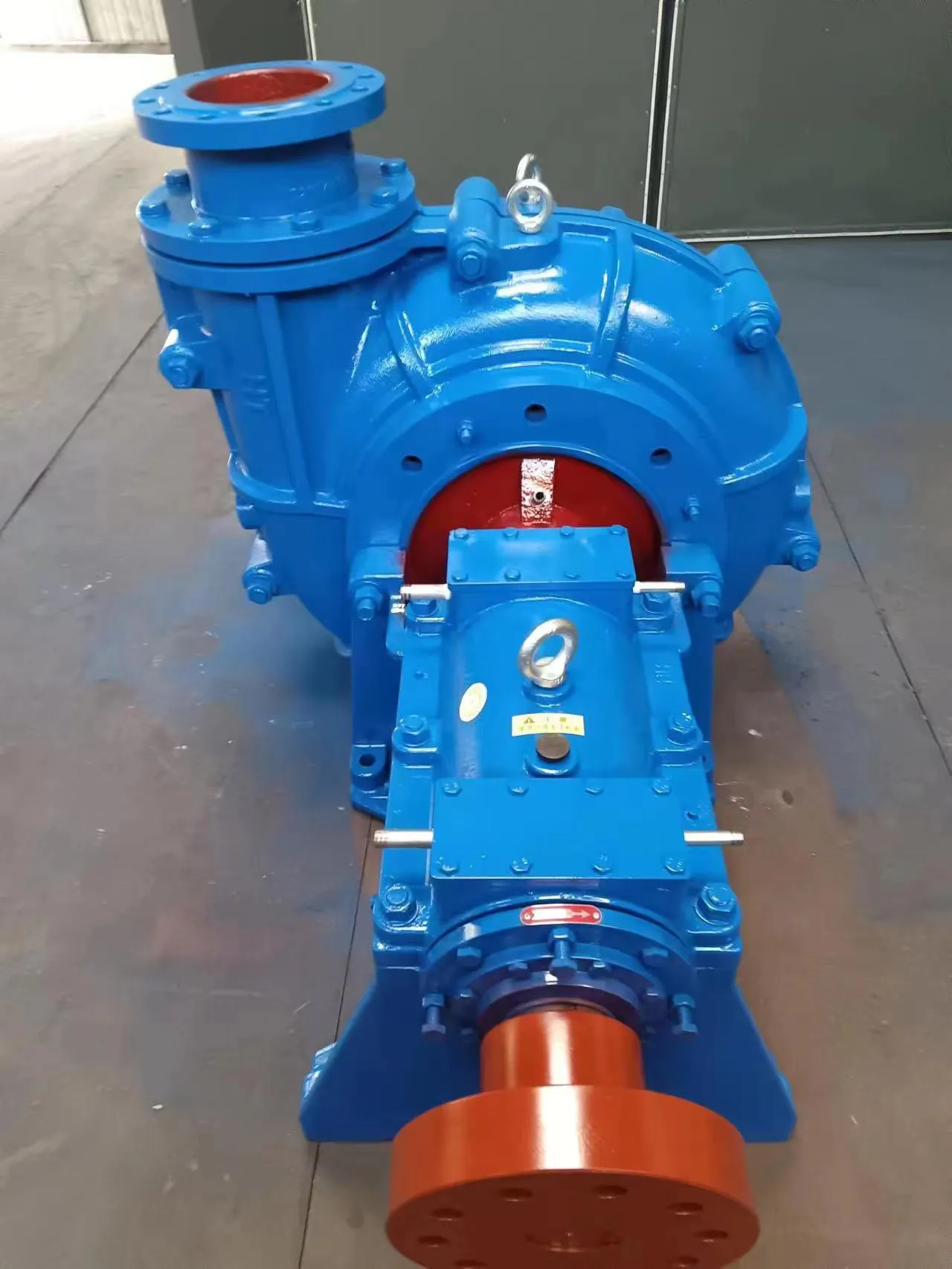kazakh
- Afrikaans
- Albanian
- Amharic
- Arabic
- Armenian
- Azerbaijani
- Basque
- Belarusian
- Bengali
- Bosnian
- Bulgarian
- Catalan
- Cebuano
- Corsican
- Croatian
- Czech
- Danish
- Dutch
- English
- Esperanto
- Estonian
- Finnish
- French
- Frisian
- Galician
- Georgian
- German
- Greek
- Gujarati
- Haitian Creole
- hausa
- hawaiian
- Hebrew
- Hindi
- Miao
- Hungarian
- Icelandic
- igbo
- Indonesian
- irish
- Italian
- Japanese
- Javanese
- Kannada
- kazakh
- Khmer
- Rwandese
- Korean
- Kurdish
- Kyrgyz
- Lao
- Latin
- Latvian
- Lithuanian
- Luxembourgish
- Macedonian
- Malgashi
- Malay
- Malayalam
- Maltese
- Maori
- Marathi
- Mongolian
- Myanmar
- Nepali
- Norwegian
- Norwegian
- Occitan
- Pashto
- Persian
- Polish
- Portuguese
- Punjabi
- Romanian
- Russian
- Samoan
- Scottish Gaelic
- Serbian
- Sesotho
- Shona
- Sindhi
- Sinhala
- Slovak
- Slovenian
- Somali
- Spanish
- Sundanese
- Swahili
- Swedish
- Tagalog
- Tajik
- Tamil
- Tatar
- Telugu
- Thai
- Turkish
- Turkmen
- Ukrainian
- Urdu
- Uighur
- Uzbek
- Vietnamese
- Welsh
- Bantu
- Yiddish
- Yoruba
- Zulu
Telephone: +86 13120555503
Email: frank@cypump.com
Дек . 05, 2024 09:24 Back to list
Understanding the Functionality and Applications of Slurry Pumps in Various Industries
Understanding Slurry Pumps A Comprehensive Overview
Slurry pumps are specialized devices designed to transport abrasive and viscous mixtures of liquids and solid particles, known as slurries. Commonly used in various industries, including mining, construction, and wastewater treatment, slurry pumps play a critical role in the efficient and effective movement of these challenging materials.
The Mechanism of Slurry Pumps
Slurry pumps operate on the principle of centrifugal force, which is generated by a rotating impeller. The impeller draws the slurry into the pump casing and propels it out through the discharge outlet. The design of the pump is crucial; it must be robust enough to handle the abrasiveness and density of the slurry while maintaining a consistent flow rate. Various materials such as high chrome cast iron, rubber, and polyurethane are often used for the components of slurry pumps due to their resistance to wear and corrosion.
Types of Slurry Pumps
There are several types of slurry pumps, each suited for different applications
1. Horizontal Slurry Pumps These are the most common type and are typically used in mining and mineral processing industries. They are designed to transport large volumes of slurry over long distances.
2. Vertical Slurry Pumps These pumps are ideal for applications where space is limited. They can operate completely submerged in the slurry, making them suitable for dredging and deep-well pumping.
3. Submersible Slurry Pumps As the name suggests, these pumps operate underwater and are used in both dewatering and slurry transfer applications. They are efficient for transporting high-density slurry.
4. Positive Displacement Pumps Unlike centrifugal pumps, positive displacement pumps move slurry by trapping a fixed amount of it and forcing it through the discharge pipe. This design is beneficial for handling thick slurries with high solids content.
Applications of Slurry Pumps
slurry pump

Slurry pumps find their application across a broad range of industries
- Mining In the mining sector, slurry pumps are essential for transporting minerals mixed with water, often involving grinding and separation processes. They help manage tailings and facilitate the transfer of valuable ore.
- Construction During the construction of tunnels and foundations, slurry pumps are used to remove water mixed with soil and aggregate, ensuring a dry and stable work environment.
- Wastewater Treatment In wastewater treatment plants, these pumps transport sludge and solid waste from various stages of treatment. Their ability to handle solids makes them vital for efficient waste management.
- Agriculture Slurry pumps are also utilized in agriculture for moving liquid manure or other organic slurries efficiently.
Advantages of Using Slurry Pumps
One of the primary advantages of slurry pumps is their ability to handle tough, abrasive materials without significant wear and tear. This durability translates into lower maintenance costs and longer pump life. Additionally, slurry pumps are designed to operate at high flow rates and can handle large volumes of slurry, making them extremely efficient for industrial applications.
Moreover, modern advancements in technology have led to the development of smart slurry pumps equipped with sensors and IoT connectivity. These innovations allow for real-time monitoring, enabling operators to optimize performance and anticipate maintenance needs efficiently.
Conclusion
Slurry pumps are vital equipment in various industrial processes, capable of delivering reliable and efficient performance in the transport of complex mixtures. With their diverse range of applications and advancements in technology, they continue to evolve, meeting the increasing demands of modern industries. Understanding the operation, types, applications, and advantages of slurry pumps is essential for professionals tasked with managing slurry transport systems effectively. As industries advance, these pumps will undoubtedly play an even more significant role in optimizing operations and ensuring sustainable practices.
-
Reliable Non-Clog Sewage Pumps with GPT-4-Turbo Tech
NewsAug.04,2025
-
High-Performance Air Pumps for Sand & Gravel | Efficient Transport
NewsAug.03,2025
-
ISG Series Vertical Pipeline Pump - Chi Yuan Pumps Co., LTD.|Energy Efficiency, Corrosion Resistance
NewsAug.03,2025
-
ISG Series Pipeline Pump - Chi Yuan Pumps | Energy Efficiency&Compact Design
NewsAug.03,2025
-
ISG Series Vertical Pipeline Pump - Chi Yuan Pumps Co., LTD.|High Efficiency, Low Noise, Durable
NewsAug.02,2025
-
ISG Series Vertical Pipeline Pump - Chi Yuan Pumps | High Efficiency, Low Noise
NewsAug.02,2025










